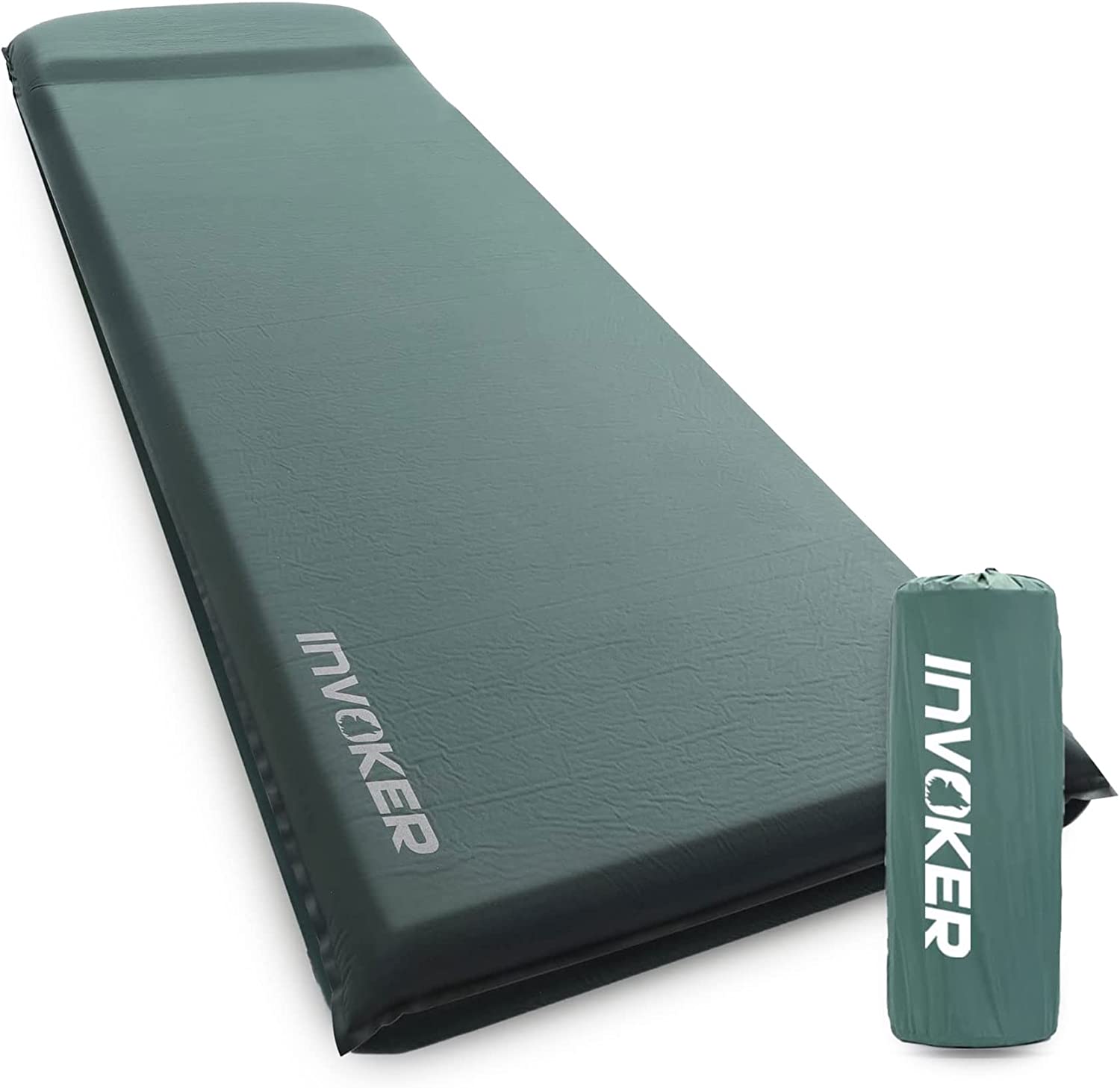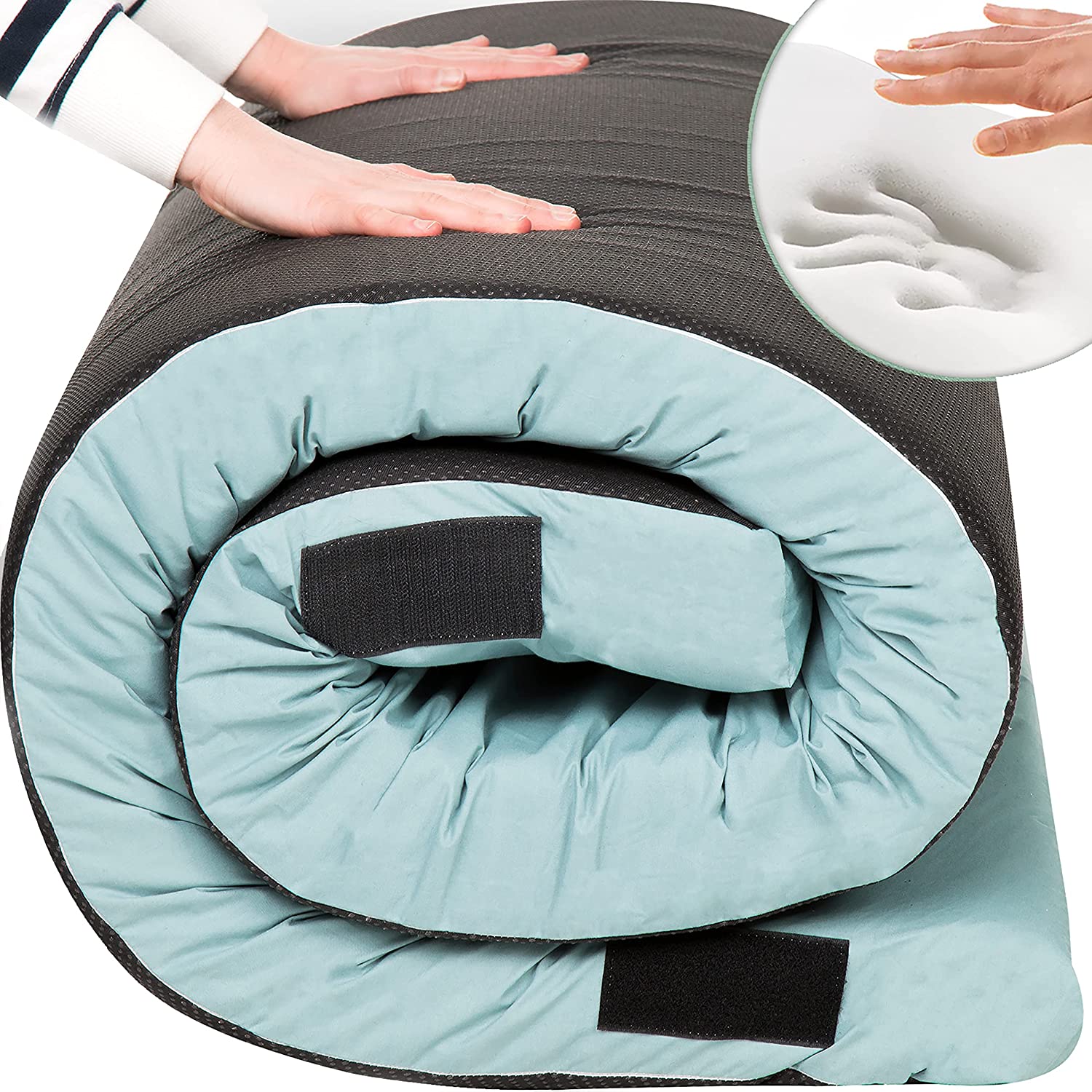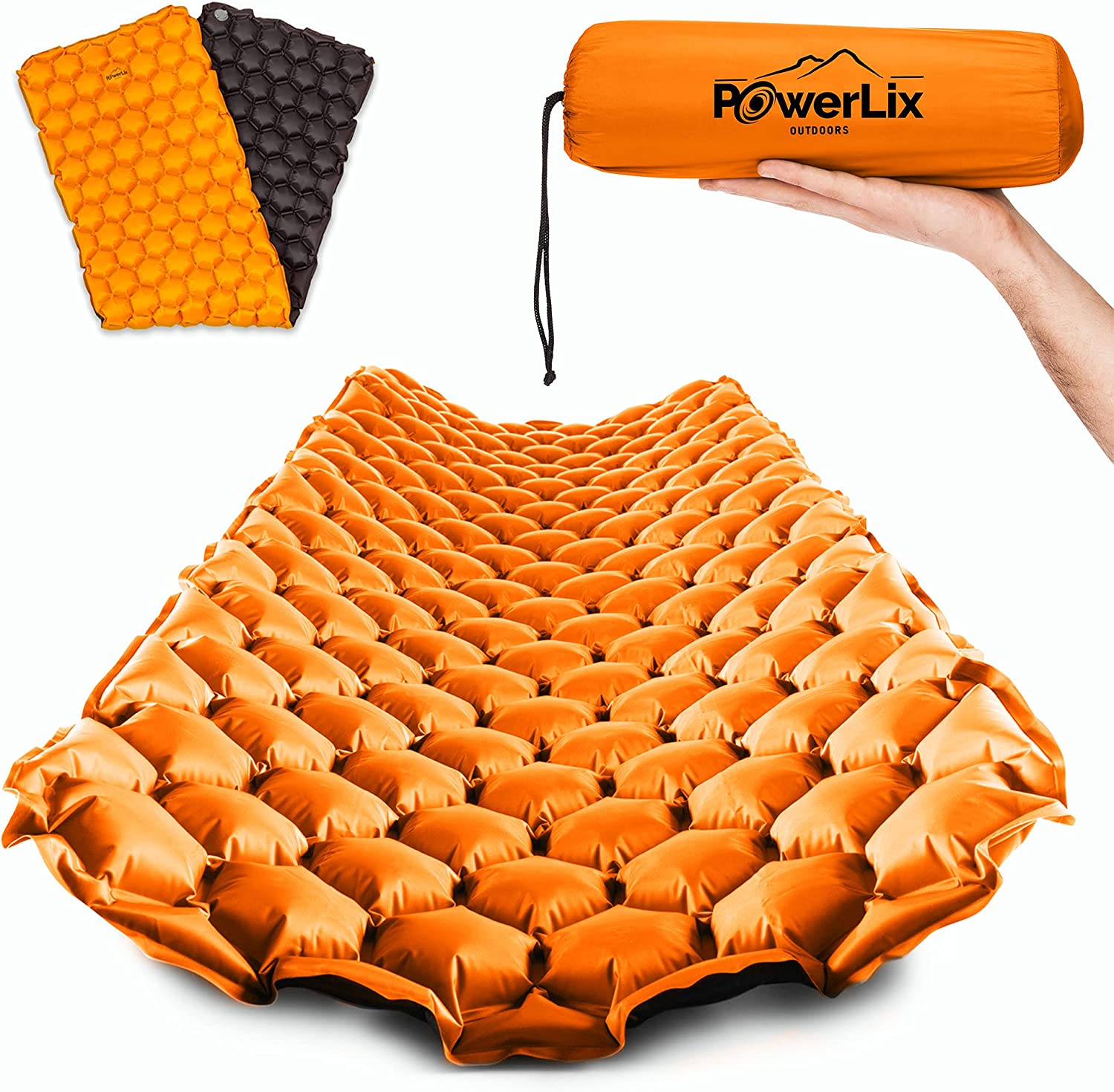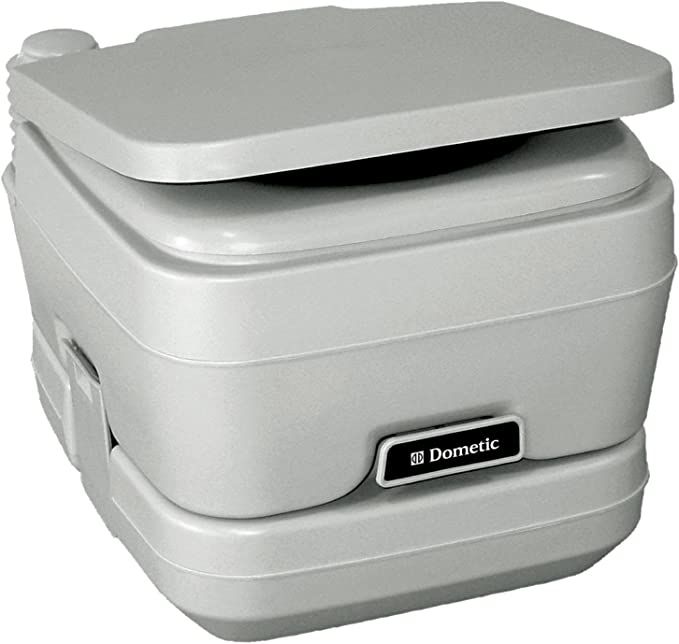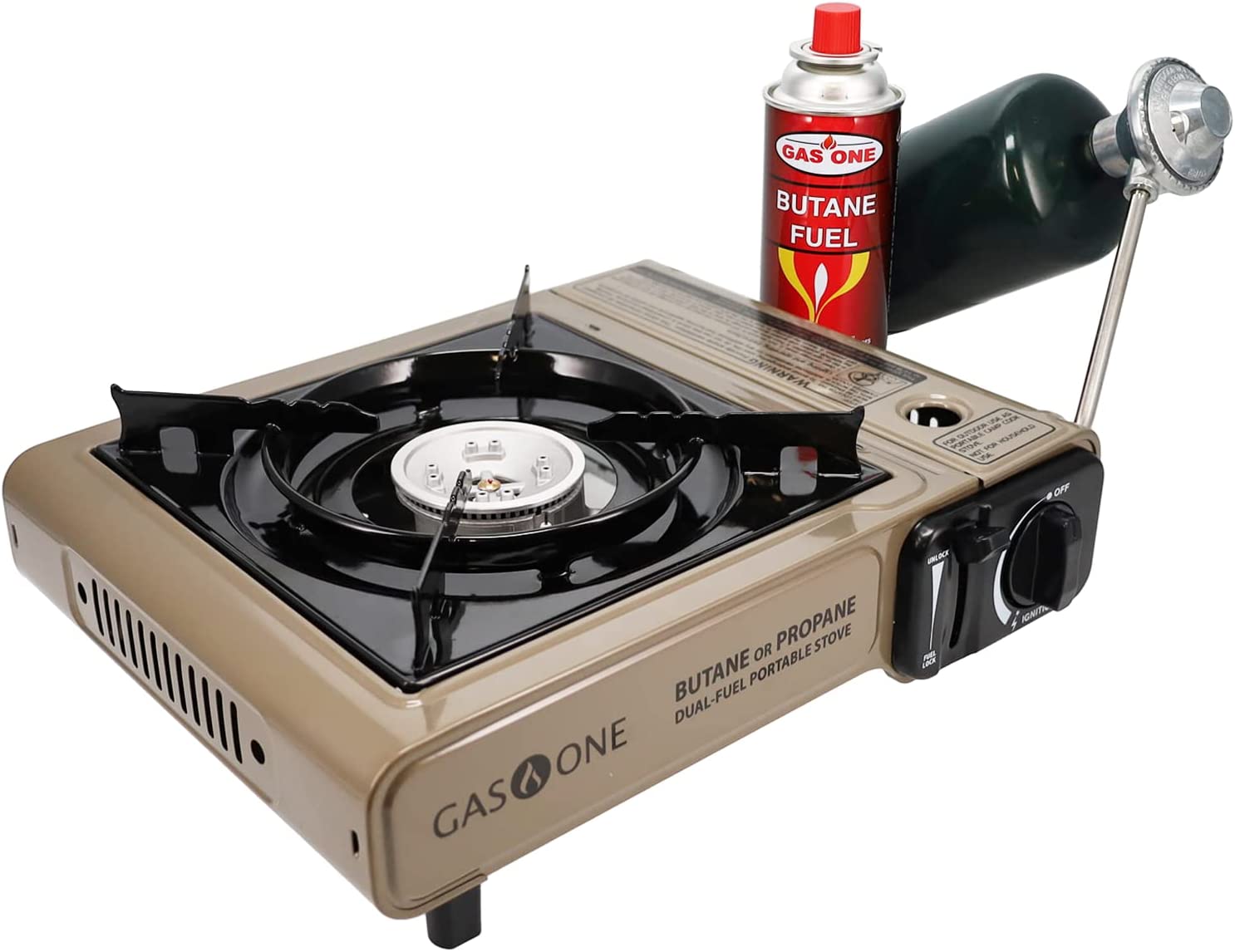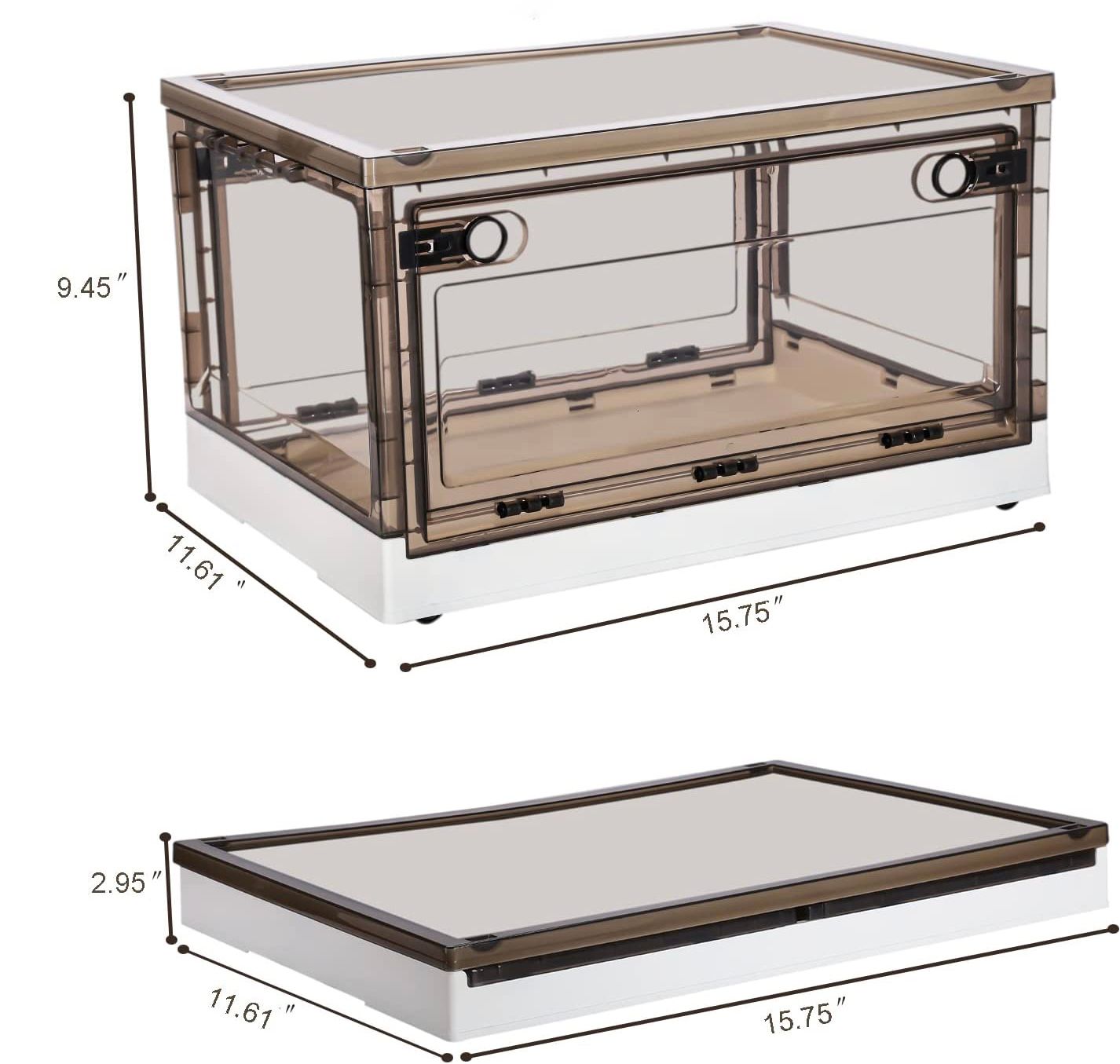Van Life vs Car Life [Important Things You Should Know!]
![Van Life vs Car Life [Important Things You Should Know!]](/content/images/size/w1200/2023/05/Van-Life-vs-Car-Life.jpg)
If you're thinking about hitting the road and living a nomadic lifestyle, you may have may be torn between van life vs car life.
Both options have their pros and cons, and ultimately, the choice will depend on your personal preferences, budget, and travel goals.
To help you decide, I'm going to lay out the basics, along with some pluses & minuses for each choice. These important steps should aid you in making a decision.
And away we go!
Frequently Asked Van Life Question's

If you're considering van life, you probably have a lot of questions. Here are some of the most common:
What is van life?
Van life is a lifestyle that involves living and traveling in a van or similar vehicle that has been converted into a mobile home. It typically involves minimalism, self-sufficiency, and a desire for adventure and freedom.
What are the benefits of van life?
There are several benefits to living the van life, including:
-
Flexibility: You can travel wherever you want, whenever you want, without having to worry about finding accommodations.
-
Affordability: Van life can be a more cost-effective way to live, as you don't have to pay for rent or utilities.
-
Minimalism: Living in a van forces you to simplify your life and focus on what's truly important.
-
Connection to nature: Van life allows you to spend more time outdoors and connect with nature.
What are the drawbacks of van life?
Some of the drawbacks to carefully consider are:
-
Limited space: Living in a van can be cramped, especially if you're traveling with a partner or pets.
-
Lack of privacy: It can be difficult to find privacy in a van, especially if you're parked in a public place, or will be traveling with others.
-
Maintenance: Vans require regular maintenance to keep them running smoothly, which can be time-consuming and expensive.
-
Can feel solitary: Living alone out of a vehicle can feel isolating at times. Some people love being by themselves, and others never get used to it. You will probably miss being close to friends and family at some points.
Is van life for everyone?
Van life is not for everyone. It requires a certain level of flexibility, adaptability, and the willingness to embrace a minimalist lifestyle. Additionally, it may not be suitable for those with health issues or mobility limitations.
How do you find places to park and sleep?
Finding places to park and sleep can sometimes be challenging, especially in urban areas. Some popular options include:
-
Campgrounds: Most campgrounds allow overnight van parking for a fee.
-
Rest areas: Many rest areas allow overnight parking for a limited time. These are superb FREE options.
-
Truck stops: I stay at these a lot. They're totally free, generally safe, and even have food, showers, and bathrooms.
-
Public lands: National forests and Bureau of Land Management lands often allow dispersed camping.
-
Private property: Some people ask for permission to park on private property, such as a friend's driveway or a business parking lot.
-
Apps: There are several apps, such as iOverlander and Park4Night, that can help you find places to park and sleep.
Camper Van Pros & Cons
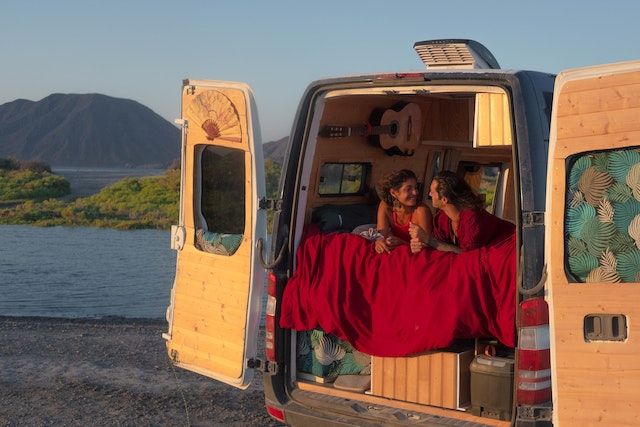
What is a camper van?
A camper van is a type of vehicle that has been converted into a mobile home. It typically includes a bed, kitchenette, and storage space, and is designed for camping and travel.
Camper van pros
-
Flexibility: A van is going to offer MANY more options versus a car in terms of layout. You can arrange and re-arrange your stuff in numerous ways to find the perfect set-up that suits your needs.
-
Great for solar: If you'll be adding solar panels to your van - which many nomads do - the larger rooftop space will provide you with the option to add more panels than a car could carry. Depending on the size of your van, you might be able to fit 4 panels or more, which will generate a lot more electricity to power your devices.
-
Comfort: A van has much more living space versus a car. You will have more sleeping room, more places to store your belongings, and may even have enough headroom to stand up in the vehicle and walk around. All of this equals added comfort and convenience.
-
Powerful engines: Most vans have V6 or V8 engines. This gives them more power and greater hauling capacity. You'll rarely have to worry about how much weight your vehicle is carrying, nor will you ever sweat trying to tow a boat, camper, or even another vehicle. By comparion, most cars - except for sports cars - have V4's.
While many van manufacturers are starting to replace V8 engines with electric ones, there are still millions of used vehicles for sale that have V8's
Camper van cons
-
Higher fuel costs: The drawback of having a larger vehicle with a bigger engine is fuel costs. You're going to spend more on gas with a van versus a car. This can be a dealbreaker for those on living on very small incomes. It may even restrict how much or where you will be able to travel.
-
Less Stealthy: Most vans - excluding minivans - look industrial, and might have a tougher time blending in when stealth camping in residential areas or commercial parking lots. Cars on the other hand have a much easier time remaining invisible.
-
More expensive: Due to their popularity for business use and among nomads, vans typically come with a higher cost. Yes, you might be able to get one on-the-cheap, but it may be a clunker that will turn into a headache. Be prepared to spend more on a good van versus a car.
-
Parking can be tough: Opting for a larger van - step van, parcel van, etc. - can lead to difficulty when parking. A wider or longer van can oftentimes require two parking spaces, which is a hassle when needing a spot in a crowded parking lot or on a city street.
How much does a camper van cost?
The cost of a camper van can vary widely depending on the make, model, and condition of the vehicle. A camper van can cost anywhere from a few thousand dollars used, up to $100,000 or more for a new, high-end model.
What are the maintenance costs?
The maintenance costs for a camper van can also vary widely depending on the age and condition of the vehicle, as well as how much you use it.
Regular maintenance tasks include oil changes, tire rotations, and brake inspections, which can cost several hundred dollars per year.
Additionally, repairs for things like engine problems, electrical issues, or water system leaks can be expensive and may require specialized knowledge or skills to fix.
How much does van life cost?
Most van lifers can live comfortably on anywhere from $800-$1,000 per month. This will include your food, vehicle insurance, phone plan, fuel, gym membership, etc., though, this number will obviously differ based upon many variables.
Frequently Asked Car Life Questions
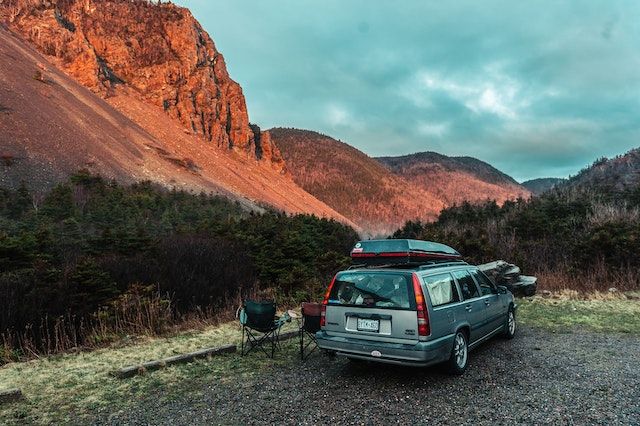
What is car life?
Car life is the lifestyle of those who live in their cars as a primary residence. This includes sleeping, cooking, and storing personal belongings in the car.
How much does car life cost?
The cost of car life can vary widely depending on factors such as the type of vehicle, fuel costs, insurance, and maintenance expenses.
In addition to these costs, those who live in their cars will also need to budget for expenses such as parking fees, camping permits, food, and other supplies.
I myself live quite comfortably on about $800 per month. I could probably do it for $600 or $700 if I wanted to cut out a few luxuries...which I don't. Many other car dwellers survive on similar budgets. See my actual expense logs by clicking here.
Just like living in an apartment or house, it all comes down to smart budgeting, and living beneath your means.
What are the maintenance costs?
Maintenance costs can vary based upon your specific vehicle, however, a few of the more common ones are oil changes, car washes, replacing brake pads, etc.
The newer the vehicle you have, the less expensive your maintenance costs will be. Older vehicles are usually going to require more upkeep and repairs, some of which can be very pricey.
Pros & Cons of Car Campers
Car Camper Pros
-
Lower fuel costs: What you'll spend on gas in a car versus a van will be much less. This means you can save more money, and believe me, the savings add up fast.
-
Cheaper repair costs: Cars can be siginificantly cheaper to repair versus vans. Due to the larger engines and other components in vans, some mechanical issues can be quite hefty to fix.
-
Less to care for: When living in a car versus a van, there's less upkeep to fret over; cleaning, repairs, keeping things organized, etc. Smaller means simpler and easier.
-
Easier to start with: Because of their smaller size, cars are better for those who are just getting into vehicle dwelling. They are less intimidating, easier to convert into tiny homes, and require a smaller amount of spending to furnish them.
Car Camper Cons
-
Lack of space: Living in a small space isn't for everyone. And moving into a car is a HUGE adjustment to make. While a van also isn't terribly spacious, it is certainly bigger than a car and will offer more comfort.
-
Limited access to amenities: If one has the money and technical experience, outfitting a van with a portable toilet, kitchen, and even a shower is very possible. A large solar set-up for ample electricity is also doable. Most of this is going to be impossible in a car, and you will have to get by with just the basics, or simplified versions of everything I covered. Your options are more limited in a car.
-
Theft is more realistic: Most thieves prefer cars, not vans. This makes them a bigger target. And aside from car theft itself, catalytic converters on cars are another desired prize for crooks.
-
Not optimal for partners: If you'll be traveling with a partner like a pet, loved one, friend, etc., this type of arrangement is going to be incredibly difficult to maintain for long. Two (or more) parties in a car will mean TIGHT quarters, and this is without even taking into consideration your food, clothes, and any other belongings. Vans have a big edge here.
Tips and Essentials for Van Life vs Car Life

Sleeping
When it comes to sleeping arrangements, no matter which type of vehicle you choose, you'll definitely want to make your bedding area as comfortable as possible.
In a van, you have more space to work with, which means you can easily install a bed or a sleeping platform.
In a car, you may need to get creative with your sleeping arrangements, such as reclining the seats or using a compact camping cot.
While there are still ways to add a sleeping platform to a car, getting it done is a bit trickier in one versus a van.
Bottom line, you do NOT have to sacrifice a good night's sleep just because you live in a vehicle.
Sleeping pads are used by many, many nomads. They're cheap, lightweight and portable.
Bathroom
One of the biggest challenges of both van life and car life is the lack of a bathroom.
While some van owners are able to include toilets and showers due to their vehicles being larger, not all of them do.
Here are some options for remaining clean and going potty:
-
Use public restrooms.
-
Install a portable toilet in your van.
-
Use gyms, recreation centers or truck stops for showers and restrooms.
-
Install a shower in your van. Cars can have roof-top mounted showers, or you can purchase a portable, pressurized shower kit.
-
Use a solar shower.
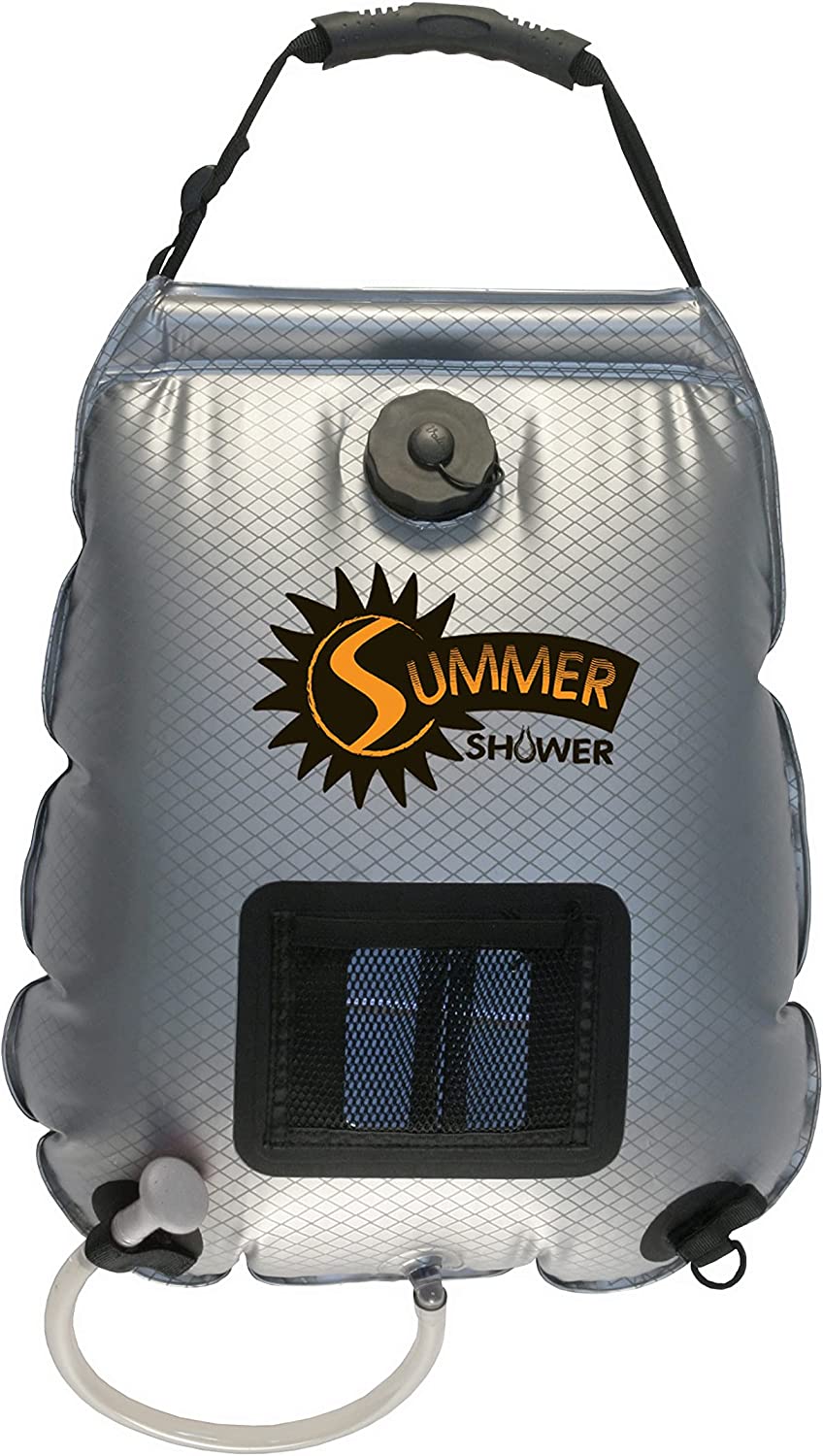
Advanced Elements Camping Shower
You can hang this small, portable shower bag from a tree, or anywhere else! Once it's filled with water you'll be able to enjoy a shower any time you'd like.
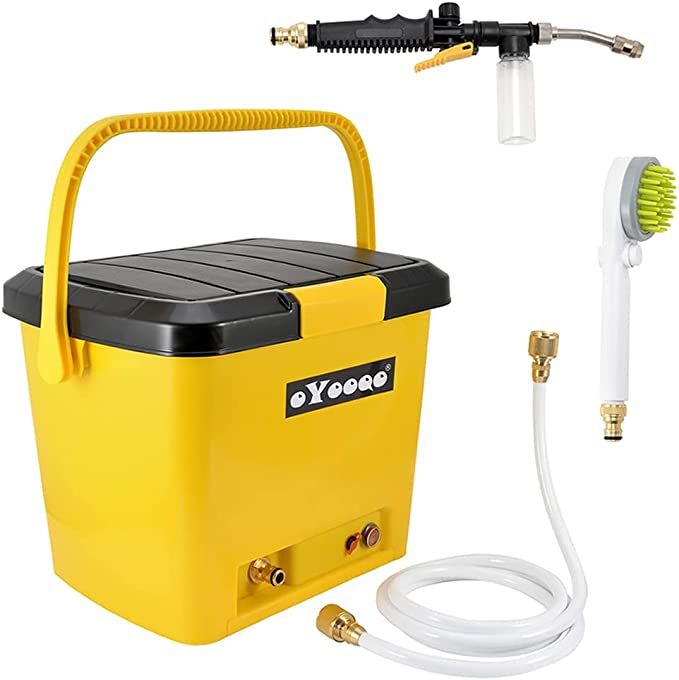
OYOOQO Portable, High Pressure Shower
This shower kit is pressurized, which means it will offer similar water pressure as your shower at home!
Cooking
One of the biggest advantages of van life is having a built-in kitchenette. However, if you're living the car life, you'll need to get creative with your cooking setup.
Consider investing in a portable camping stove or a compact grill that can be used outside of the car.
Another option is to prepare meals ahead of time and store them in a cooler or a portable fridge. This can save you time and money, as you won't need to eat out as often.
Space
Space can be a challenge in both van life and car life. When it comes to van life, it's important to make the most of your space by utilizing storage solutions, such as shelves, hooks, and drawers.
In car life, you'll need to be even more strategic with your space, as you have less room to work with.
Consider investing in collapsible storage containers or bags that can be easily stored when not in use. Roof-top cargo boxes can be amazinly helpful.
You must downsize your belongings to only the essentials to save space.
Privacy
Privacy can be a concern in both van life and car life, especially if you're parked in a busy commercial area or a residential neighborhood.
You do NOT want strangers knowing there's somebody sleeping in a vehicle. This can certainly set off alarm bells and lead to an unpleasant situation.
Also, you want the things you do when inside of your vehicle to remain private, without prying eyes seeing.
Final Thoughts
Before I started living in my car, like you, I was overwhelmed with information and became frustrated by overthinking things.
That's the reason this article exists.
I wanted to lay out all of the pluses and minuses of van life vs car life to make things simpler.
Yes, you absolutely SHOULD do your homework before committing to the nomad style on a full-time basis! However...
At a certain point, you will have to take the leap.
As long as you have most of the basics covered, you will figure out the rest as you go. This is perfectly normal, and it is how all nomads started out.
Plan as best as you can, then hit the road and see what life throws at you :)
LIVE WISELY, LIVE WELL!


